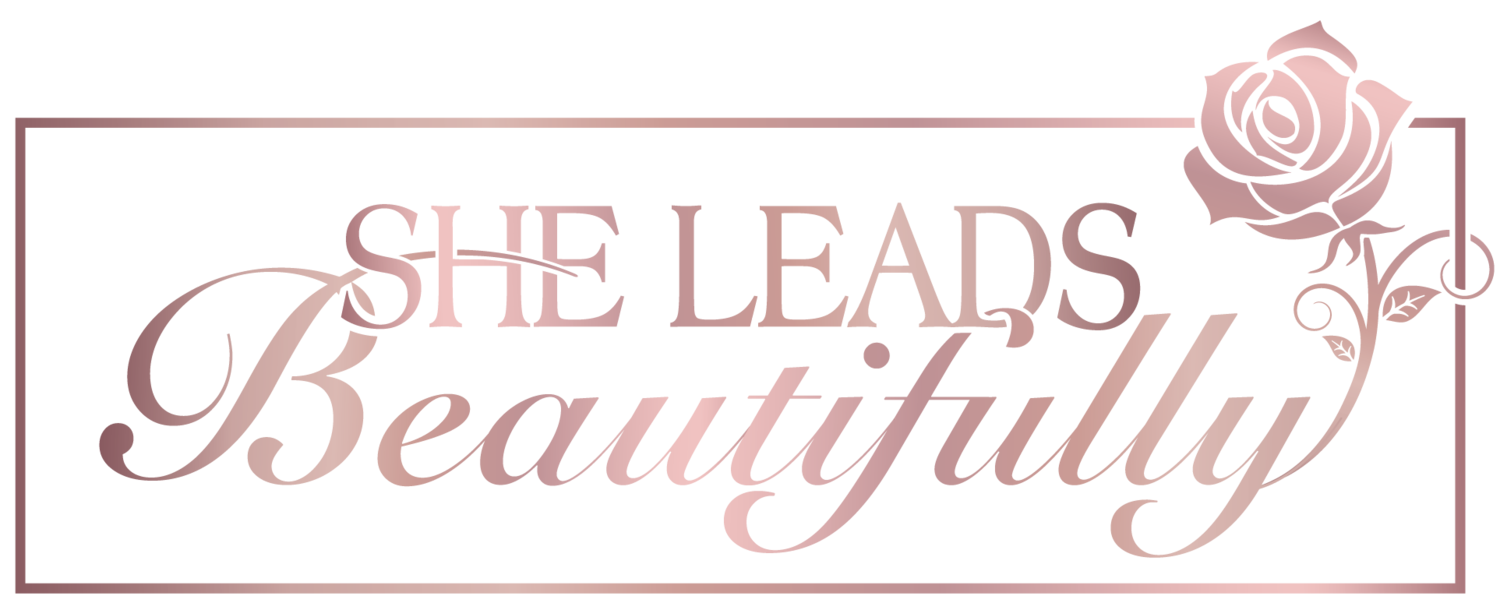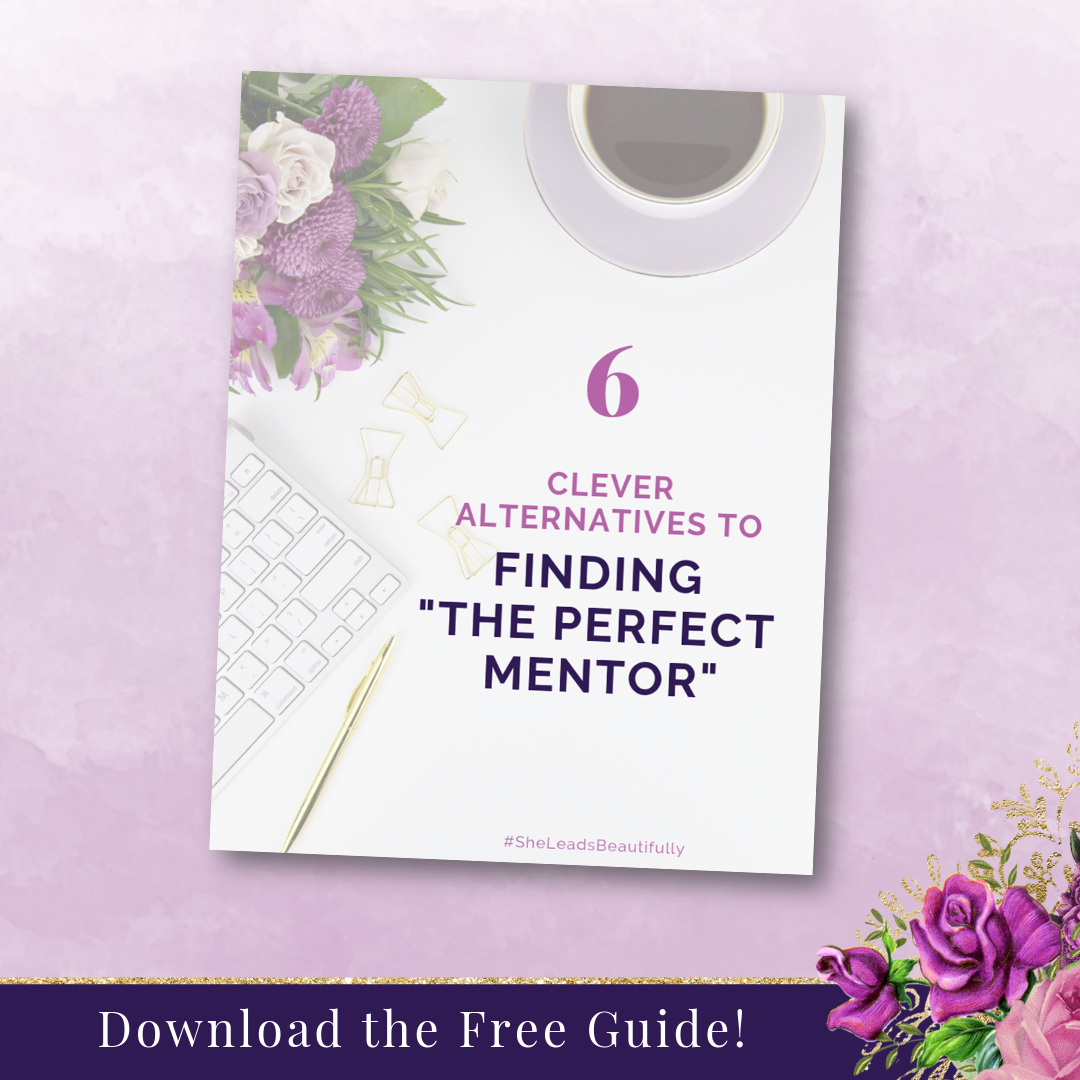“Once I became a “Ph.D. Candidate”, there was no convincing me that I didn’t belong anywhere. I knew that my parents worked too hard and struggled for long for me to have the opportunities I had. ”
Baindu L. Bayon, Ph.D. is a health scientist and AAAS Science and Technology Policy Executive Branch Fellow at the National Institutes of Health (NIH) National Center for Advancing Translational Sciences (NCATS) in the Division of Clinical Innovation (DCI). She was born in Indiana to parents from Sierra Leone, West Africa. Before joining NCATS, she worked as a scientific field sales representative for STEMCELL Technologies in Cambridge, Massachusetts. Her interests lie in science policy related to translational science, innovation, technology transfer, and global STEM entrepreneurship. Baindu is passionate about STEM outreach and pathways driving youth toward solving problems with science. She’s earned a myriad of awards throughout her career, including the Indianapolis Business Journal’s Forty Under 40. Baindu serves as vice president of the IU Neal Marshall Alumni Club’s national board of directors and has served on the board of directors for Adult & Child Health. She has also served as a mentor with the 100 Black Men of Indianapolis and was named among the United Way of Central Indiana 100 Heroes. Baindu received her Ph.D. in Medical & Molecular Genetics from Indiana University School of Medicine with a focus on the neurogenetics of Alzheimer’s disease and transcription factor regulation of beta-secretase.
As a woman and leader in your industry, how do you prioritize your many roles?
I always think about what best serves my end goal or the outcome that I would like.
What is your proudest professional achievement and why?
My proudest professional achievement is probably seeing my bound dissertation in person. It is the single most difficult task I've yet to complete, and it was just amazing to see it in that form. I was most proud to be able to present it to my father, who I dedicated it to, on his birthday.
Have you ever felt like an "impostor" during your career? If so, tell us about the experience.
I get asked about this often, and honestly, it's not a feeling I've dealt with for a very long time. I think the last time I felt like I suffered from "impostor syndrome" was during early on in graduate school. Some of my coursework began to get difficult, and I began to wonder if I'd made the right decision to go from medical school to graduate school. Some of the coursework was similar, but questions were being asked in different ways. I wondered if other students were having an easier time with the material because their minds were sharper, they were younger, or that it was more suited to their learning styles. All of these feelings went away when I passed my qualifying exams. Once I became a "Ph.D. Candidate", there was no convincing me that I didn't belong anywhere. I knew that my parents worked too hard and struggled for long for me to have the opportunities I had. I guess that's why I never chalked it up to luck or chance. I almost feel like not being secure in earning and deserving my merits would be disrespectful to them.
Tell us about a time when you felt that your career had stalled. How did you get unstuck?
Although it was a very short time in hindsight, the time between dissertation defense and finding that first job opportunity felt like ages. In actuality, it was only a few months, but I had to think about the direction I wanted to take my career. I knew my future was not in academia, but I certainly had to decide between opportunities in government or the private sector. I got "unstuck" by continuously looking for chances to build my professional network and to speak with people about possible career paths. I made it my job to learn about jobs.
What habits have you followed that led to the overall growth of your career?
I have really prioritized mentorship in my career- both being a mentor to others and finding mentors. Having people who have believed in me and supported me has made all of the difference in my career. Providing mentorship to others, especially young Black students, helped me to better shape what I want in a mentor for myself. Each time I had the opportunity to sit down and chat with people who I find to be both personally and professionally successful, their story always involves being guided toward those things. I have yet to meet that "self-made" man or woman who has it all. Humility, willingness to listen, and the ability to follow through are just a few things I've learned from mentors and carry with me daily in the workplace.
How do you embrace femininity in your professional and leadership roles?
As with other visible identities, I don't think there is a way to separate one's femininity from your professional or leadership roles. You are who you are and you bring each part of you to each new experience. I choose not to dilute nor downplay how my identities influence my decisions.
What is one interesting fact about yourself that you can share?
My favorite type of music is hip-hop music. For whatever reason, people associate a certain type of woman with a particular genre of music (neo-soul, pop, R&B, etc.). When someone asks me what my favorite type of music is, and I say rap, I get mixed responses sometimes. I think it's odd that some people associate classical music or jazz with sophistication and cannot do the same with hip-hop music. If rap were so easy to do, you would be able to do it well, and you probably can't. If you could make beats like Havoc or Pete Rock, you would, but chances are, you can't. There's a rap song for every emotion and nearly every experience I have had, so it remains my favorite.
What is one piece of advice you would share to a woman who has fallen into complacency at work, but knows she could be doing so much more with her career?
You need to be honest with yourself. Whatever the things are that you never procrastinate in doing, those are the things that you should be building a career around. If there are things that you are constantly putting off and cannot bring yourself to prioritize, those things are not your passion and likely can't be a path to your long-term success. Before you make drastic decisions, get out and talk to women who have the career that looks the most like what you'd like to be doing. Find mentors who have advanced their careers in ways that are impressive to you.
More about the Women Leading Beautifully series:
To learn about She Leads Beautifully founder, Uzoma F. Obidike, and why this series was created, click here!
Do you know someone who should be featured in a future spotlight?! Click here to submit your recommendation.
Are you ready to take your career to the next level, but can’t find a mentor who can provide you with guidance and support? Don’t don’t get discouraged! Download this free guide on the 6 Clever Alternatives to Finding “The Perfect” Mentor!




